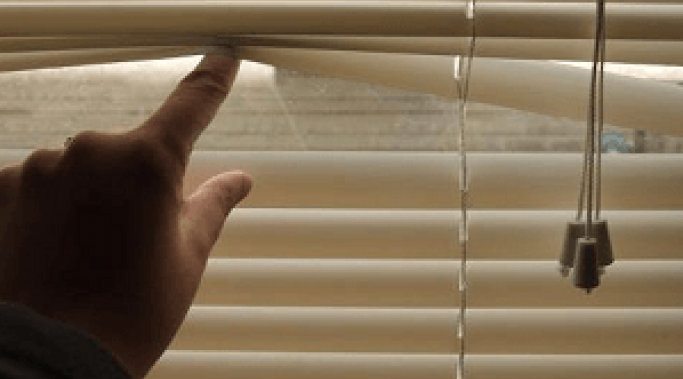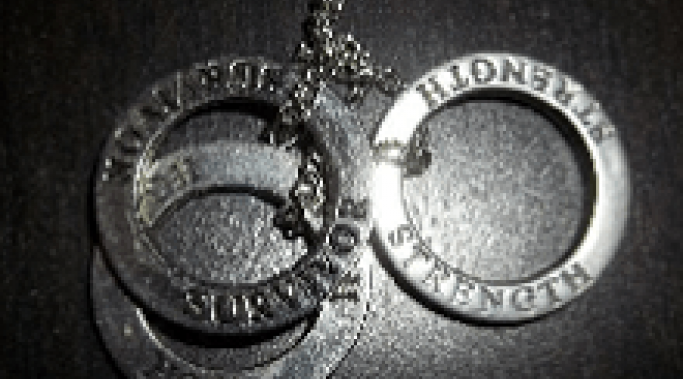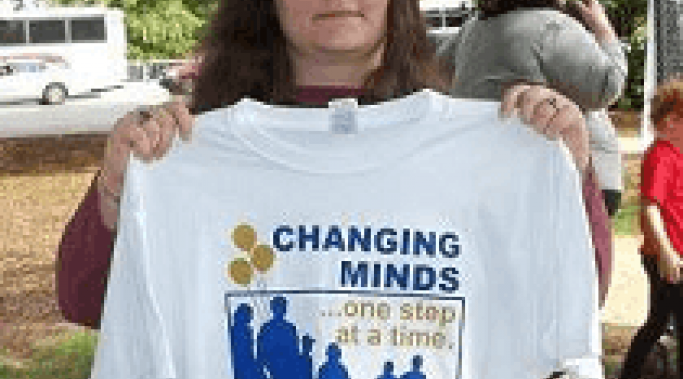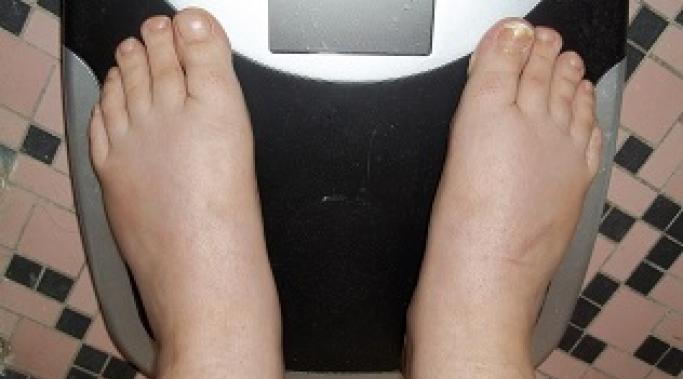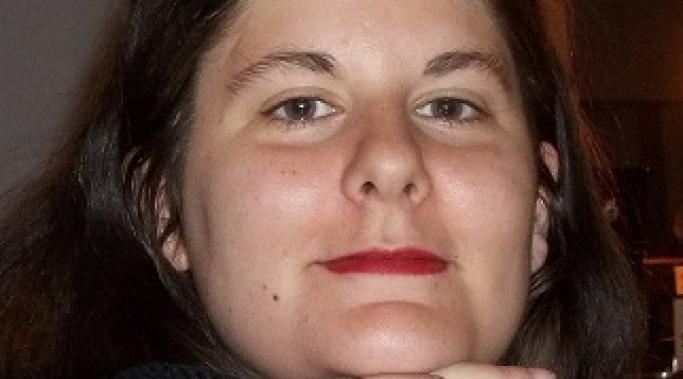With schizophrenia and schizoaffective disorder, it's easy to fall into the trap of self-stigma. When you think about the investigation into the mental state of the Germanwings co-pilot who crashed a plane into the French alps or the comment you overhear in the grocery store about the “crazy” shopper who takes “an hour” to pick the right eggs, suddenly you feel suspect and unreliable, internalizing stigma from the outer culture. This, of course, only serves to make the experience of schizophrenia and schizoaffective disorder, and the stigma from the outer culture, worse.
Creative Schizophrenia
With schizophrenia and schizoaffective disorder, feeling overstimulated strikes often-- in large crowds or even small family dinner parties. What I mean by overstimulated is a sensation that there is too much going on and too much noise. With my schizoaffective disorder, I have felt overstimulated at the family dinner table, at parties, and even at my own wedding.
As part of my schizoaffective disorder, I sometimes suffer from suicidal ideation, which is different from being suicidal. Basically, it means I think about killing myself, but I’ve never made an actual attempt. Still, it’s scary, because 10% of people with schizophrenia and 10% of people with schizoaffective disorder die of suicide. Suicidal ideation in schizoaffective disorder, schizophrenia is so scary that one time I decided I had to go to the hospital.
As a person with schizoaffective disorder, I am very sensitive to schizophrenia, schizoaffective disorder stigma. Stigma marginalizing people with mental illness is everywhere, and no one seems to have much of a problem with it except for the mental health community. And stigma is especially rampant against people with diseases like schizophrenia and schizoaffective disorder.
I have schizoaffective disorder, bipolar type. It’s very common for anxiety to accompany bipolar disorder. So that means I have to deal with all the stress, obsessive worries, and other pitfalls of anxiety while dealing with my schizoaffective disorder (and many are in this same situation with schizophrenia). Let me give you a breakdown on what it's like living with schizoaffective disorder and anxiety.
A couple of years ago, after I had been diagnosed with schizoaffective disorder for some time, I had a very intense mystical experience while praying to Mother Mary. I was kneeling in front of a statue of her when, all of a sudden, it seemed she was radiating rays of white and golden light through my body. The experience lasted for a few minutes. Since I have schizoaffective disorder, the skeptic in me chalked the experience up to my illness but it did get my thinking about schizoaffective disorder and spirituality.
Before I started taking antipsychotics, I was always really skinny -- I had never weighed more than 105 pounds in my 19 years of life. It was part of my identity. So was being eccentric -- a lot of my identity revolved around being what would now be called the manic pixie dream girl. In case you haven't heard of this particular dream girl, think of Zooey Deschanel or Kate Hudson in "Almost Famous." Pretty and petite, yet whimsical and quirky. But now I deal with schizoaffective disorder and weight gain.
I have been diagnosed with schizoaffective disorder. But that wasn’t always the case. I was originally diagnosed with schizophrenia. So what does it mean to have schizoaffective disorder versus schizophrenia? For me, it’s meant a long learning curve that was frightening, confusing and reeling in meds changes. My doctor now focuses on symptoms rather than a hard and fast diagnosis. Still, some understanding the differences between schizophrenia and schizoaffective disorder is helpful to me and my family.
I have schizoaffective disorder and I hear voices. The first time I heard them 16 years ago, I thought they were faeries. Sometimes I still think that. Faeries are troublemakers. So are my voices.
My name is Elizabeth Caudy. When I was little, I always knew my uncle was different. As I grew older, I was able to grasp that he had schizophrenia. Since I knew schizophrenia ran in families, I was always afraid that I would become schizophrenic. And I did.
